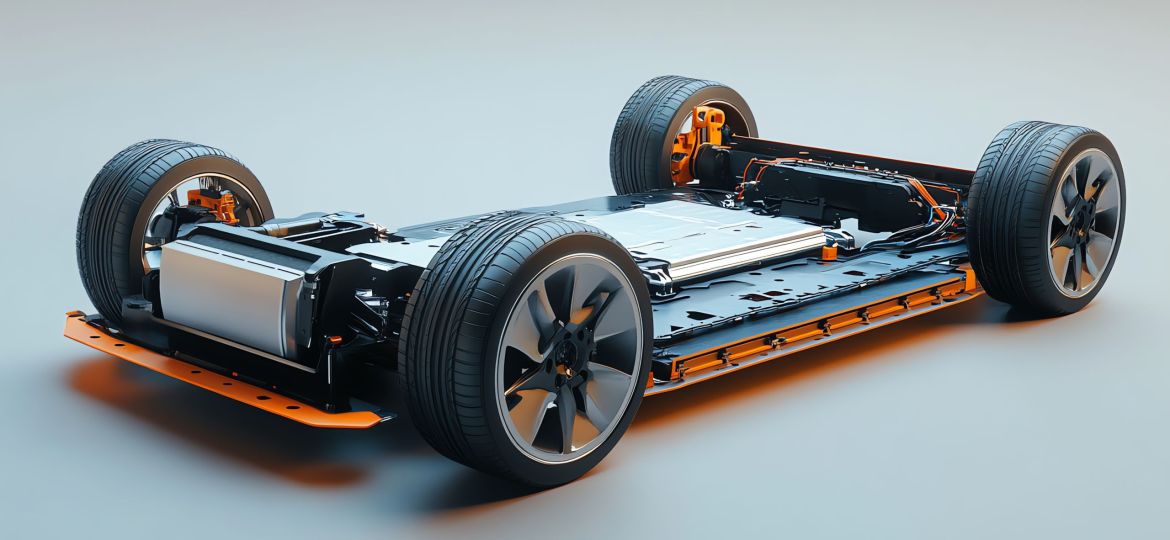Even before the first market deliveries of its Leaf electric vehicle in late 2010, Nissan consistently emphasized the importance of creating second-use applications for the Leaf’s battery packs.
It turns out those ideas might come in handy. According to comments made recently by a Nissan-Renault executive, citing charging and battery degradation data from over 400,000 Leafs sold globally, the battery packs are likely to outlast the vehicles themselves—not just the ones involved in accidents.
“We are going to have to recover those batteries,” said Francisco Carranza, the managing director of Renault-Nissan Energy Services, during the Automotive News Europe Congress.
Nissan’s Renewable Energy Efforts
In the UK, Nissan is offering Power Solar solutions, combining solar panels with battery storage and an app-based control system. In other parts of Europe, the Leaf is being integrated with grid systems, while the 4R Energy Corporation—a joint venture between Nissan and Sumitomo—is exploring second-life applications for EV batteries, such as powering off-grid streetlights. Some creative uses have also emerged, like repurposing batteries for pop-up travel trailers.
Larger-Scale Applications
Nissan’s second-life battery systems are already being used for industrial energy storage, helping to smooth peak demand or providing buffers for EV charging stations. However, there are still big-picture questions about whether recycling older, less-efficient batteries for their raw materials might be a more effective long-term solution.
Earlier this year, Nissan in the U.S. stated it is exploring various applications for used Leaf batteries but hasn’t committed to any specific large-scale strategy. We’ve reached out to Nissan for updates to determine if their projections for battery degradation and life expectancy align with their European counterparts.
Comparisons with Other Automakers
Volkswagen has announced that its upcoming ID series, built on its modular electric platform (MEB), is designed to have batteries that last “the life of the vehicles.” VW estimates that these batteries will retain 70% of their original capacity over eight years or 100,000 miles.
This aligns closely with Nissan’s original goal when launching the Leaf—anticipating that its battery packs would maintain 70% or more of their capacity after 10 years. However, Nissan initially offered an eight-year or 100,000-mile warranty, similar to VW’s current plan.
Future Prospects for Second-Life Batteries
Even when battery capacity drops below 70%, they can still be valuable for secondary uses. Nissan R&D teams have estimated that after 20 years, typical Leaf cells may retain less than 40% of their original energy capacity. Despite this, they could still be effective components for larger-scale energy storage systems.
With VW aiming to produce 22 million electric vehicles over the next decade, all equipped with active thermal management systems that could extend battery life, there’s a growing need for scalable, second-life solutions. Let’s hope automakers work together to develop sustainable strategies for repurposing EV batteries on a global scale.
